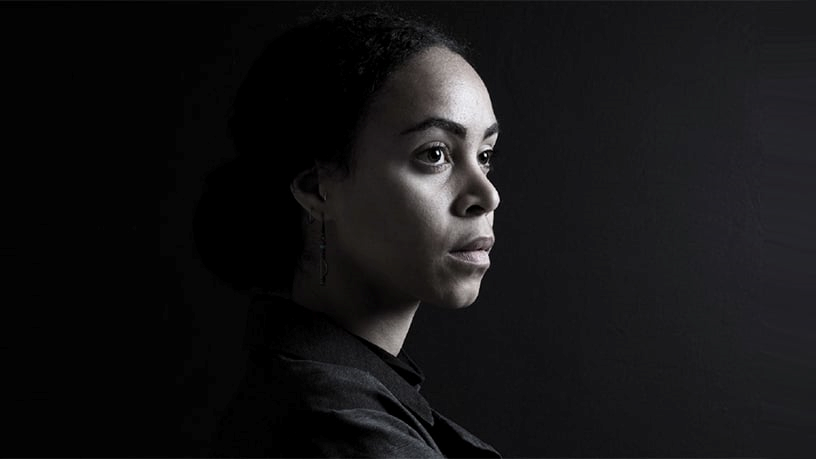With Lelapa AI, Pelonomi Moiloa is working to bridge Africa’s digital divide, creating AI tools for indigenous languages.
Across Africa, the digital divide continues to influence how communities access education, services, and opportunities. The continent is home to more than 2,000 languages, yet fewer than five per cent are supported by digital or artificial intelligence (AI) technologies. Reliable internet access also remains inconsistent: only about 28 per cent of people in Sub-Saharan Africa are always connected, compared with more than 60 per cent globally.
For many, this lack of infrastructure and digital tools limits online participation and hampers the preservation of cultural knowledge. One response to this challenge has been the creation of Lelapa AI, a South African company founded in 2022 by data scientist and engineer Pelonomi Moiloa.
The company’s name means “home” in several Southern African languages and reflects its aim to develop technology “by Africans, for Africans”.
Pelonomi Moiloa has academic training in biomedical and electrical engineering and pursued AI research during her postgraduate studies in Japan. According to the founder, she became increasingly aware of how mainstream AI tools often failed to work well in African contexts.
During her time in South Africa’s corporate sector, she noted that models trained mainly on Western languages and datasets sometimes reinforced historical biases or excluded local users altogether.
Lelapa AI
Lelapa AI is developing language technologies specifically tailored for African contexts. Among its products is Vulavula, a tool that supports voice transcription and tone analysis for languages such as isiZulu, isiXhosa, Sesotho, and Afrikaans. The company has also launched InkubaLM, a large language model covering five African languages—Swahili, Yoruba, isiXhosa, Hausa, and isiZulu—aimed at reducing the cost of accessing advanced AI systems.
According to Lelapa AI, these tools could benefit millions of speakers by supporting services in education, government, and business. Independent assessments of their reach and effectiveness are still limited, but the company views its work as part of a broader effort to promote digital inclusion. In addition to technical development, Moiloa has initiated programmes such as Code Kamoso, a coding academy for girls, aiming to strengthen local expertise and encourage more women to join the technology sector.
The company’s focus extends beyond product development to questions of ethics, equity, and representation in AI—issues that remain central to debates on how technology is shaped worldwide. Moiloa’s leadership has gained recognition beyond Africa. She was listed in TIME’s 100 Most Influential People in AI in 2023 and recognised as a Bloomberg Catalyst for her work in building inclusive technologies.
Through Lelapa AI, Pelonomi Moiloa is not merely creating technology; she is fostering a movement—a homegrown AI revolution that celebrates Africa’s languages and peoples, creates inclusive digital futures, and challenges the global landscape to rethink what AI can and should be.
Have you registered for the Africa Female CEO Conference (AFCC)? Join over 200+ influential and emerging African women leaders at the inaugural AFCC on September 18th at Radisson Blu, Ikeja, Lagos, to chart the course for Africa’s future. Hit this link to reserve your slot: https://tix.africa/africa-female-ceo-conference-afcc



